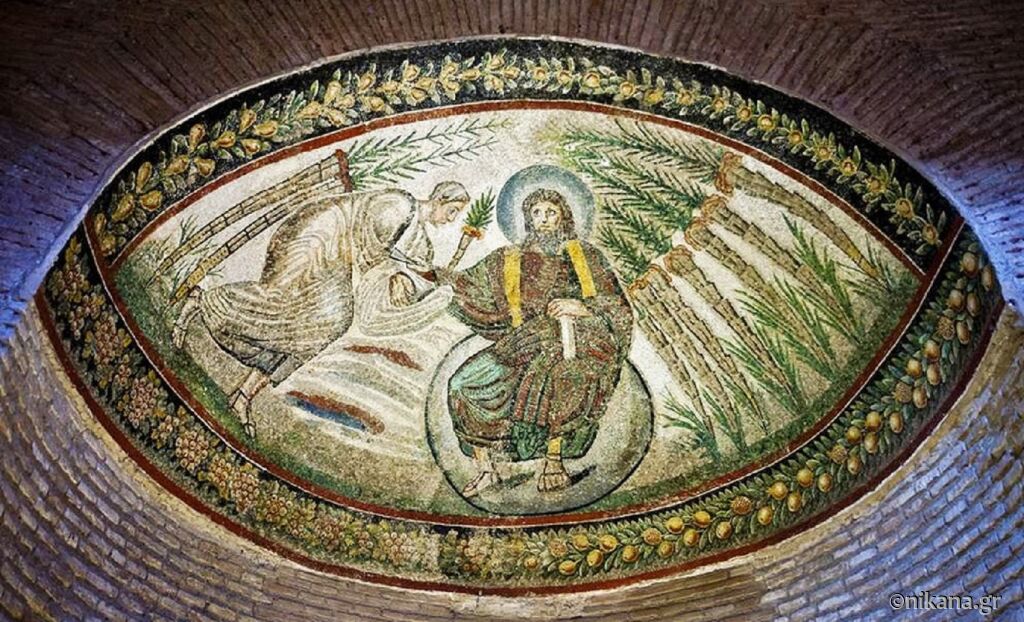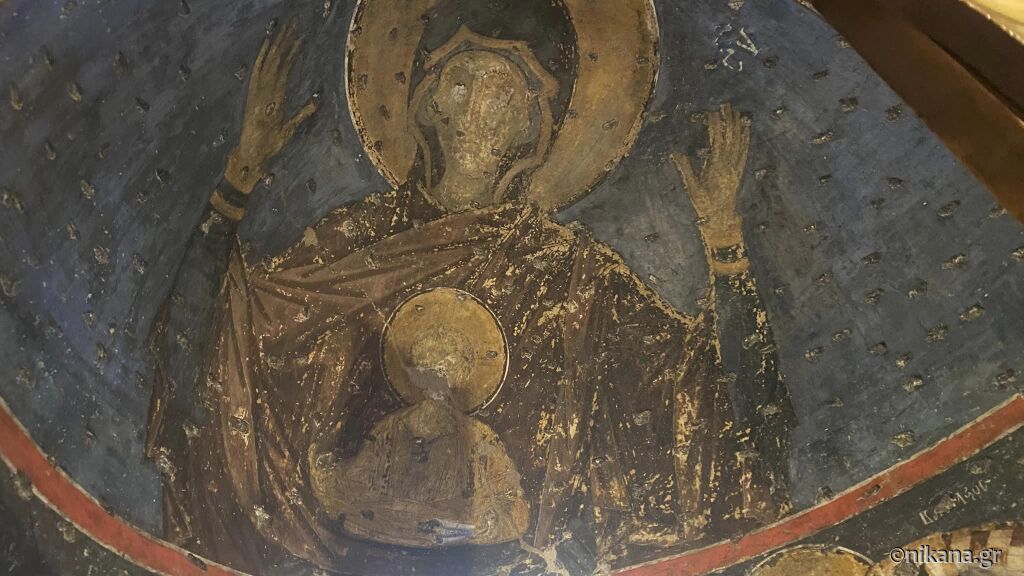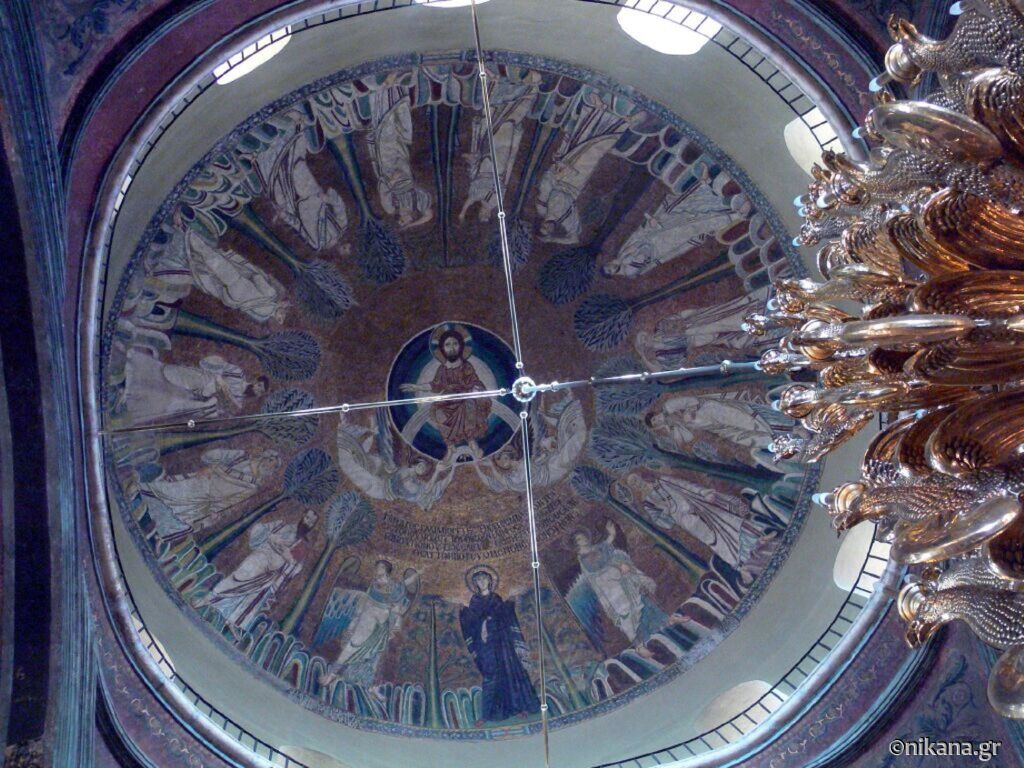Why does Greece celebrate Christmas on December 25th?
Every year, the holiday spirit revives the question: why do Orthodox countries not celebrate Christmas on the same day? Greece, one of the first Christian countries in the Balkans, celebrates Christmas on December 25, even though it is an Orthodox state. Do you know why?
How was time calculated in the early Christian period?
Before the calendar reform, the Romans used the Roman lunar-solar calendar that had been developing since the kingly period of Rome (before the 1st century BC).
- It had 10 or 12 months, but the year was not accurately synchronized with the solar year.
- Leap years were added irregularly, often by political decision (the pontifex maximus could “add” months).
- As a result, calendar months and seasons often shifted and did not follow the actual solar cycles.
The first mathematically based calendar was introduced by Julius Caesar in 45 BC.
- The year had 365 days.
- Every fourth year was a leap year, with 366 days.
- The calendar was shaped according to the movement of the sun.
The system was adopted in the empire but had a flaw: the Julian year (365.25 days) was still longer than the astronomical cycle, leading to a gradual shift in dates over centuries.
Development of early Christian holidays
In the early centuries of Christianity, the birth of Christ did not have a central liturgical role and did not have a fixed date. Different communities developed their own practices: some celebrated the birth, while in many Eastern regions Epiphany (January 6) was the main holiday, as it included Christ’s baptism, manifestation, and the revelation of the Holy Trinity.
The situation changed when Emperor Constantine issued the Edict of Milan in 313 AD, recognizing Christianity as an official religion. This created conditions for standardizing holidays and greater visibility of Christian festivals.
- Pope Julius is mentioned as the leader who in 350 AD formalized December 25 as Christmas Day (not confirmed in historical circles).
- The first evidence of December 25 being celebrated as the day of Christ’s birth comes from a Roman list from 336 AD.
- In Western churches, this date quickly became standard.
- This date is symbolically linked to the winter solstice - the returning light to the world reflects Christ’s role as the “light of the world.”
To Greek Christians, Epiphany on January 6 was much more important, marking Christ’s baptism and the revealing of the Holy Trinity. Why? Baptism was considered a key moment in Christ’s life, a moment when God truly manifested Himself to the world, so it had greater religious significance than the actual birth date. Even today, this holiday in Greece is called η Ημέρα των Φώτων – Day of Lights, symbolically connecting Christ with light and enlightenment.
Over time, Greek Christians also began to accept and celebrate Christmas, alongside Epiphany. Some communities celebrated the birth of Jesus on the same day as Epiphany, while others separated the two holidays. From the 9th century, there is clear evidence that Christmas was increasingly being celebrated on December 25 in the Eastern Roman Empire - Byzantium.
The Gregorian calendar we all use today
In 1582, Pope Gregory XIII implemented a reform of the existing Julian calendar and introduced the Gregorian calendar, which more accurately followed the solar cycle. The Gregorian calendar has been used since then in secular life throughout the Western Hemisphere and is still used worldwide.
However, many Orthodox churches continued to use the Julian calendar for their liturgical cycle. Due to the difference between the Julian (365.25 days) and the actual solar year (365.2422 days), the Julian calendar over time “drifted” from the Gregorian calendar.
- The difference between these two calendars today is 13 days (since the 20th century).
- By 2100, the difference will be 14 days.
Traditionally, Christmas in Christianity is linked to December 25, but due to the calendar difference, Orthodox communities celebrate it on January 7, 13 days later.
Greece’s transition to the revised Julian calendar by Milanković
The transition to celebrating Christmas on December 25 in Greece was a long process that began in the 19th century with discussions on calendar reform. The official transition only occurred in 1924 when the Council decided to adopt Milanković’s revised Julian calendar, also known as the new Julian calendar.
The Council was convened at the initiative of Ecumenical Patriarch Meletius Metaxakis. Since not all representatives of Orthodox churches were present, this Council cannot be called Ecumenical or Pan-Orthodox.
The most significant feature of the revised Julian calendar is that it aligns with the Gregorian calendar until the year 2800, when the first visible differences will appear.
Milanković’s calendar retains the basic structure of the old Julian calendar but introduces a more precise system of leap years, making it much more accurate over longer periods of time. According to this rule, the average length of a year is 365.242222 days, almost identical to the length of a tropical year.
The calendar was accepted in the churches of:
- Constantinople
- Alexandria
- Antioch
- Greece
- Cyprus
- Romania
- Poland
- Bulgaria (in 1963)
Not accepted by the “Old Calendarists”:
- Jerusalem
- Russia
- Serbia
- Ukraine
- Georgia
Since then, the Greek Orthodox Church has been celebrating Christmas on December 25 for almost a century.
Despite the mathematical value of the calendar, the adoption and acceptance of this calendar has sparked and continues to spark debates and discussions within the Orthodox church community, including a division into “Old Calendarists” and “New Calendarists.”
About calendars:
Julian calendar
- Introduced by Julius Caesar in 46 BC.
- Used by the Serbian Orthodox Church and some other Christian communities today.
- Christmas according to this calendar: January 7.
Gregorian calendar
- Reformed by Pope Gregory XIII in 1582.
- Created due to the inaccuracies of the Julian calendar.
- Initially adopted in Catholic countries, later in Protestant ones.
- Today it is dominant worldwide.
Milanković’s calendar (New Julian calendar)
- Reform and improvement of the Julian calendar by Milutin Milanković.
- The most precise calendar based on scientific methods and astronomical cycles.
- Used in some Orthodox churches, aligns with the Gregorian calendar until 2800.
Christmas traditions in Greece
Christmas in Greece is a celebration of family, faith, and tradition. Here are some interesting customs:
- Christopsomo (Christ’s bread): Traditional bread decorated with a cross, prepared on Christmas Eve.
- Decoration of little boats: Instead of Christmas trees, wooden boats are often decorated on the shore, symbolizing Greece’s maritime tradition.
- Kalanda songs: Children go from house to house singing Christmas carols and bringing luck to the hosts.
If you want to experience Greece during the holidays, let the scent of fresh bread, warm hospitality, and the melodies of Kalanda inspire you. Enjoy the winter magic of Athens, Thessaloniki, or the islands, which are lively and vibrant even in winter.
New Year and Christmas in Thessaloniki and Athens
Early Christian and Byzantine churches in Thessaloniki - on the UNESCO World Heritage List
We are always here to help you explore Greece! Follow us for the latest information, useful tips, and authentic experiences to make your holiday in Greece unforgettable!
We offer over 3,000 accommodations. Choose the one that suits you and your family by clicking HERE.
+
Internet as soon as you cross the border
You can have Internet as soon as you cross the border by purchasing our Nikana eSIM card here: https://nikana-esim.com/
Setting up is very simple, via a barcode in a few seconds you will have internet on your phone for any country in the world.
Detailed instructions, how to check if your phone supports eSIM and answers to all questions can be found here: Nikana ESIM internet
Follow us on social media where we regularly share exclusive offers, discounts, and special holiday packages for Greece, as well as information, tips, and useful news.
Facebook: Nikana.gr
Instagram: @nikana.gr
Tiktok: nikana.gr
Facebook group: Live from Greece
YouTube channel @NikanaTravel
Email us at: nikana@nikana.gr
Visit our website nikana.gr, the leading source of information about Greece in the Balkans.











Post a Comment
NOTE
All your questions in the comments will receive an answer via email so check your inbox shortly after you posted comment. For more detailed questions and responses, contact us via mail nikana@nikana.gr.